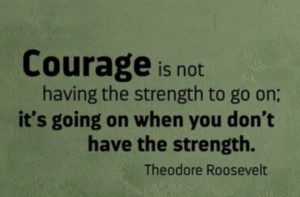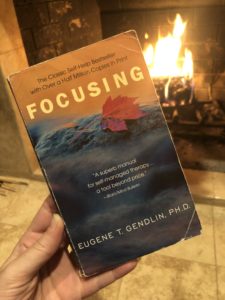
Online Resources Vol 5
Of course, if you haven’t seen Volumes 1, 2, 3, or 4, check them out!
- An online intro psyc textbook – fun reading for therapists to catch up on new developments in the basic areas (the knowledge half life of psyc (apparently about 7 years) is getting shorter all the time!). Good for helping savvy or “book smart” clients who feel empowered with more knowledge.
- A good written resource for Autogenic Training produced by the VA. I can’t ever find a good YouTube version – they’re all so “meditative” and awash with harps and binaural beats and stuff. My experience has been that people who want to do autogenic training want that because meditation feels too “woo woo” for them and they consider themselves to be practical, no-nonsense folks. I was going to make one, and I might still, but this is not a bad substitute for now.
- Here’s a great little workbook a colleague of mine found (Thanks, Sana!), and it references Gendlin’s Focusing as a primary tool in emotional work! It’s written more like a flowy graphic novel, or kind of like a series of infographics – easy to read!
- This is just super fun, and I can imagine it having therapy homework possibilities, too. Make mandalas!
- A resource for clients (and maybe clinicians, depending on how much this was a part of your training!) in reading scientific studies when you’re not a professional scientist!
- I have a sad update on the Reveri App (mentioned in Volume 4) – it’s no longer free. It’s now subscription-based. And it’s still worth it. I will tell you, though, if you have clients who can’t afford it, and they write to the Reveri folks, they’ll usually still offer a free year!
Comment below and add any free online resources or apps that you use!




